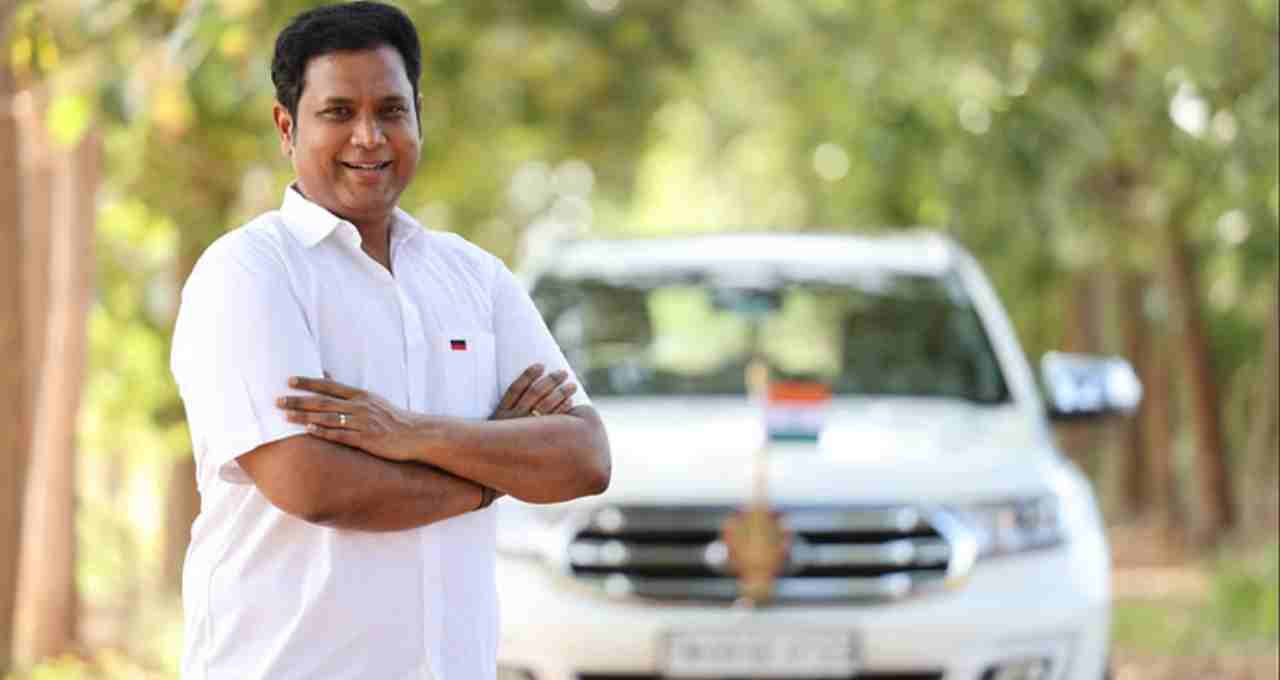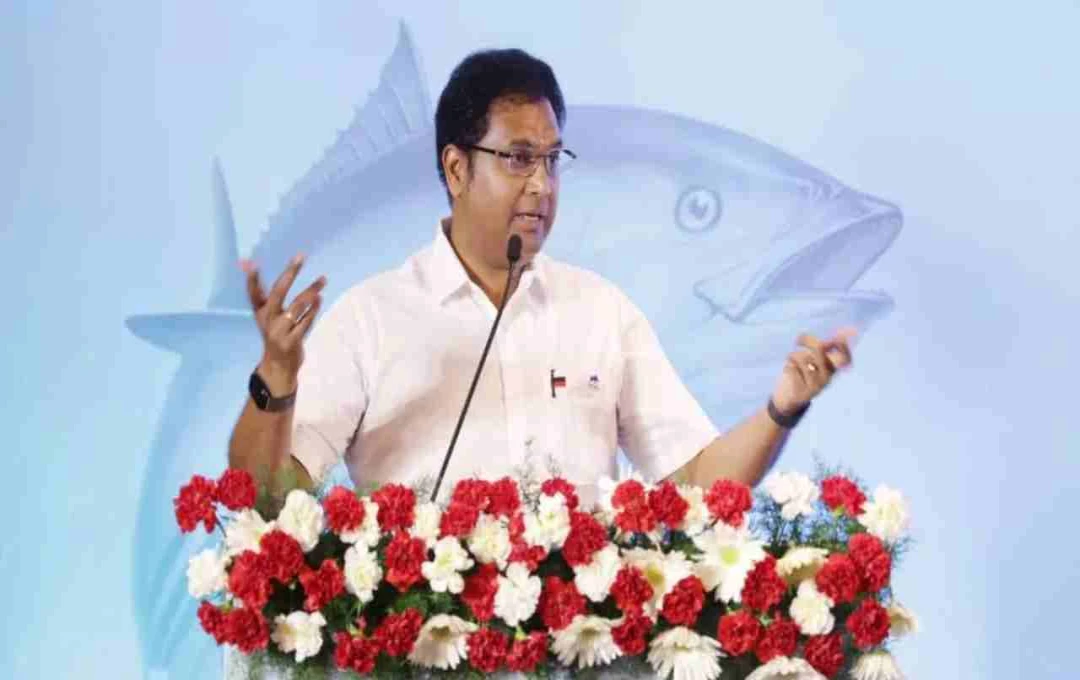Tamil Nadu government minister TRB Rajaa has found himself embroiled in controversy. Questions are being raised following his remarks about women. The BJP has accused his party, the Dravida Munnetra Kazhagam, of insulting women.
CHENNAI: Tamil Nadu government minister TRB Rajaa is currently in the headlines due to a controversial statement he recently made about women. Rajaa stated that there is a significant difference between women in Tamil Nadu and those in other Indian states, especially North India. His remark became controversial when he asserted that the status of women in North India has not changed even after 100 years.
Following this statement, political circles have heated up, and the BJP has sharply protested, accusing the DMK of insulting North Indian women.
TRB Rajaa's Controversial Statement
TRB Rajaa stated in a public address, "There is a vast difference between women in Tamil Nadu and other states. As soon as people meet women from North India, they ask where their husbands work, whereas here, they ask women where they work. This change didn't happen overnight; it took 100 days to bring about."

Rajaa's statement has caused a stir in politics. Many consider it a remark that portrays South Indian women as superior to North Indian women, while critics label it as regional discrimination and an insult to women.
BJP's Sharp Attack
BJP spokesperson Shehzad Poonawalla attacked TRB Rajaa's statement, saying, "Once again, the DMK has crossed the line and insulted women across North India, including UP and Bihar." Shehzad further added, "Congress called Bihar a state of beedis, Telangana CM Revanth Reddy insulted Bihar's DNA. Now the DMK has insulted North Indian women. This question is also for Rajya Sabha leader Tejashwi Yadav – why is he silent on this?"
The BJP has attempted to transform this statement into a political and cultural controversy, and it is being viewed as part of an electoral strategy. TRB Rajaa's statement has not remained confined to just women, but has also become a topic of discussion in both state and central politics. Political analysts suggest that such statements often create regional and cultural divisions, and the opposition and other parties might turn this into an election issue.










